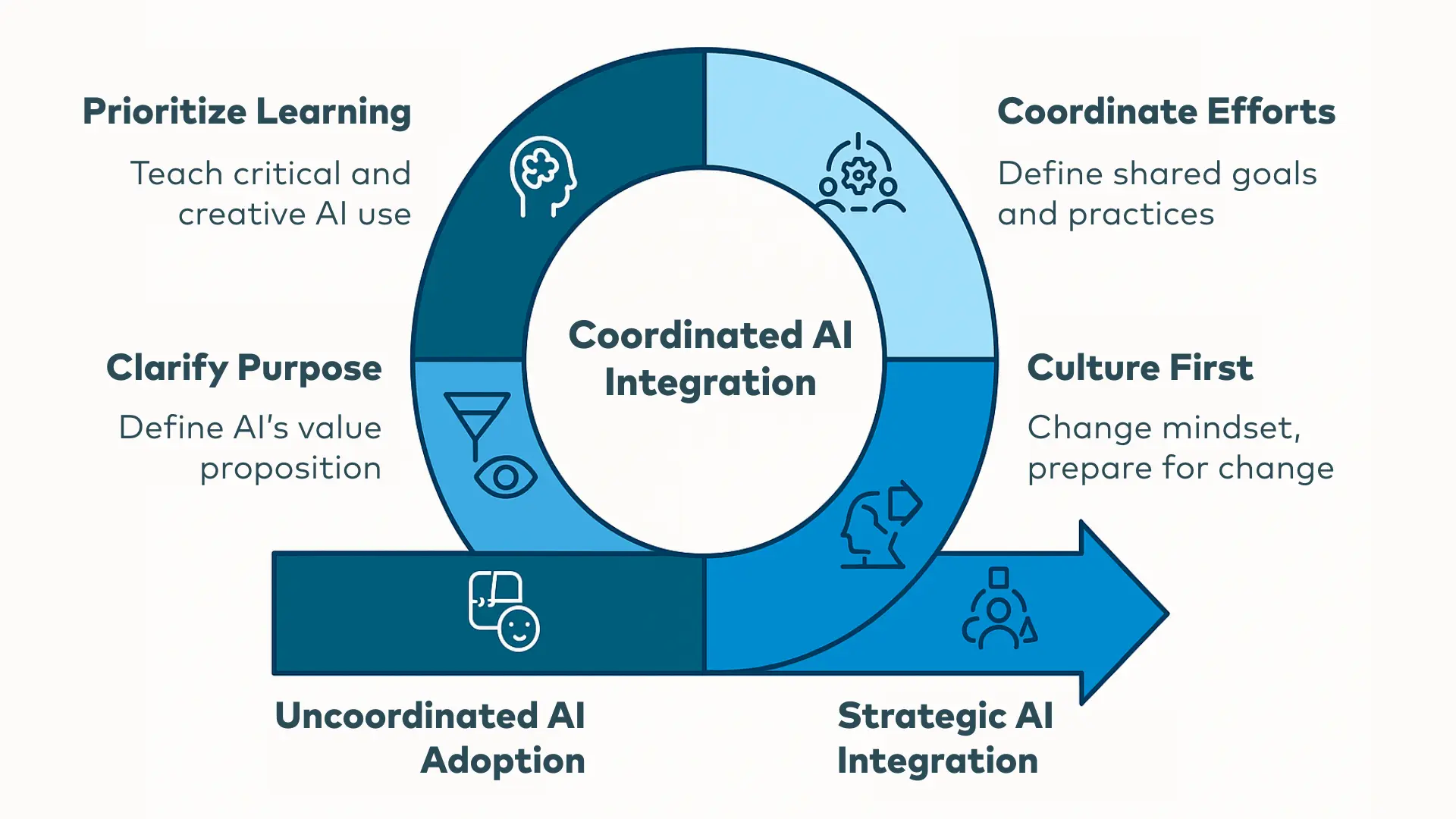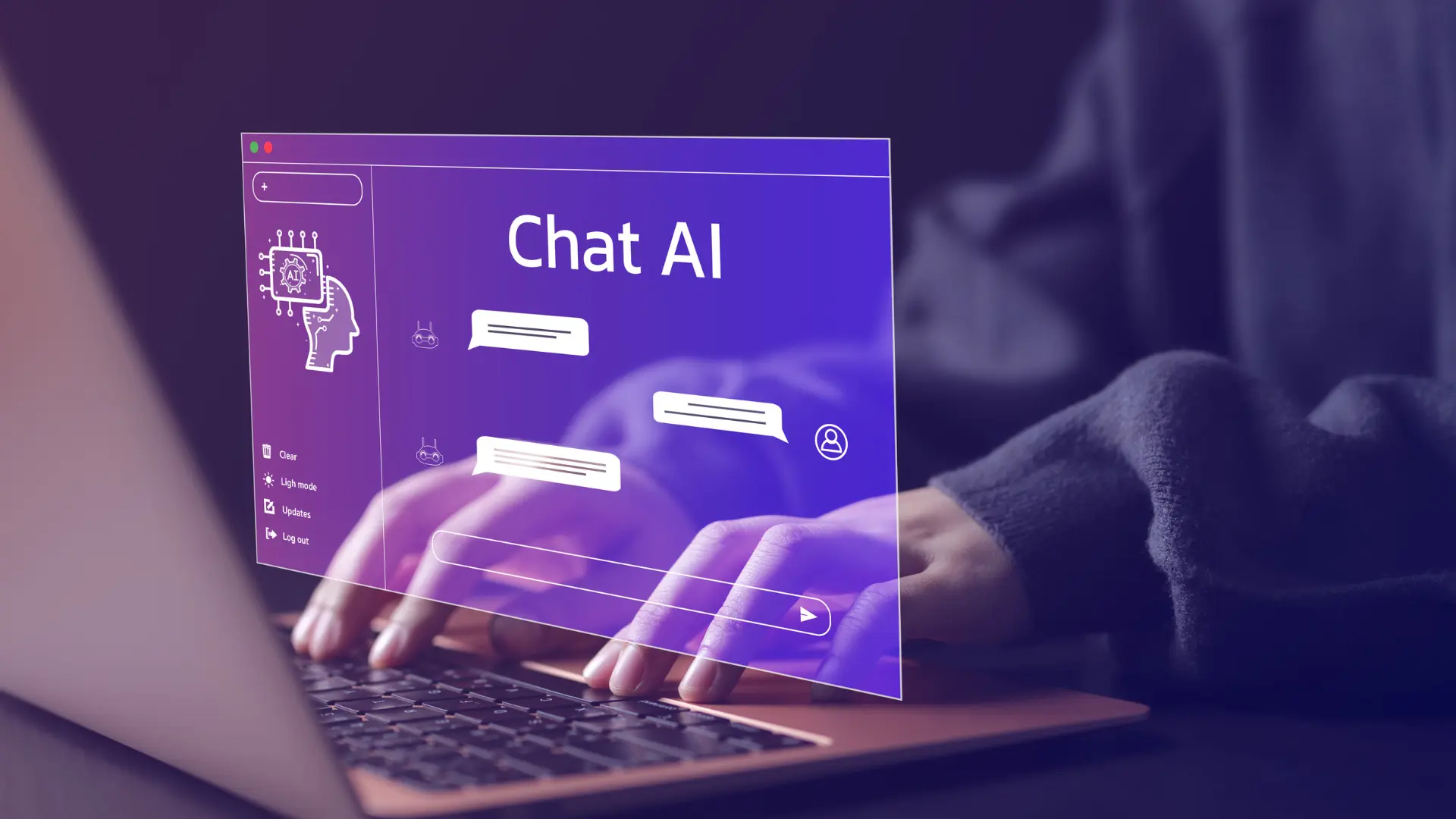In 2025, not everything we see or hear can be trusted. Almost anything can be artificially generated – voices, faces, entire interviews crafted by AI – often with stunning realism. Sometimes, though, they’re just plain unsettling. As technology outpaces our ability to filter and verify information, both individuals and companies are left wondering: what can we truly believe?
When anything can be faked, everything becomes questionable. This isn’t just a tech issue—it’s a very real challenge for brands and, more broadly, for our perception of reality.
Deepfakes and AI-Generated Content: Real Threats

AI-generated fakes can have wide-ranging and serious consequences:
- Journalism and news: Manipulated videos or interviews can spread false information faster than it can be corrected. Fabricated quotes and synthetic audio or video of public figures undermine trust in institutions.
- Brands and businesses: A fake video or voice clip can damage corporate reputations or deceive customers and partners.
- Perception of reality: If we can’t trust what we see or hear, public confidence erodes – making everyone more vulnerable to manipulation and misinformation.
Real-world cases show just how advanced these tools have become. On social media, fake influencer videos and scam giveaways deceive millions. In the corporate world, incidents like the ARUP case – where a deepfake audio call led to a major financial loss – highlight the scale of the risk.
Tools and Strategies for Protection
To shield against fake content, both users and businesses can take action:
- Watermarking and detection tools: These technologies can identify AI-generated media and help distinguish fact from fiction.
- Content verification: Always check sources and context, and cross-reference information across trusted outlets.
- Government regulations: Laws such as the EU’s AI Act and U.S. proposals on deepfakes aim to regulate false content, though technology often evolves faster than legislation.
How to Behave Online
Technology alone isn’t enough – awareness is essential. Before sharing any content, take time to verify its source and authenticity. Clearly label AI-generated material, because transparency is key. Only share verified content to avoid unintentionally spreading misinformation, and prioritize platforms that invest in security and content validation. At the same time, advocate for up-to-date regulations that make the digital world safer for everyone.
The Impact on IT Departments and Corporate Security
LBusinesses can’t afford to ignore this threat. IT departments need to be ready to:
- Handle internal and external misinformation: Fake videos of executives or clients can cause confusion and reputational harm.
- Protect sensitive data: Deepfake-powered phishing attacks can trick even the most cautious employees.
- Navigate legal and ethical risks: Distributing false content may result in lawsuits, penalties, or reputational damage.
Targeted training programs can help employees spot manipulated media and foster a safer, more resilient corporate culture.
Conclusion
In 2025, the line between real and artificial is increasingly blurred. Deepfakes and AI-generated content aren’t just tech novelties -they’re powerful tools that influence opinions, reputations, and business decisions.
The key to defense lies not just in technology, but in awareness, education, and accountability. Checking sources, verifying content, labeling AI material, and using trusted platforms are practical steps everyone can take.
Reality isn’t lost – but it does require our attention and effort. Before you share or react to something “incredible,” pause and ask: is it verified? In a world where anything can be faked, awareness is our strongest defense.











